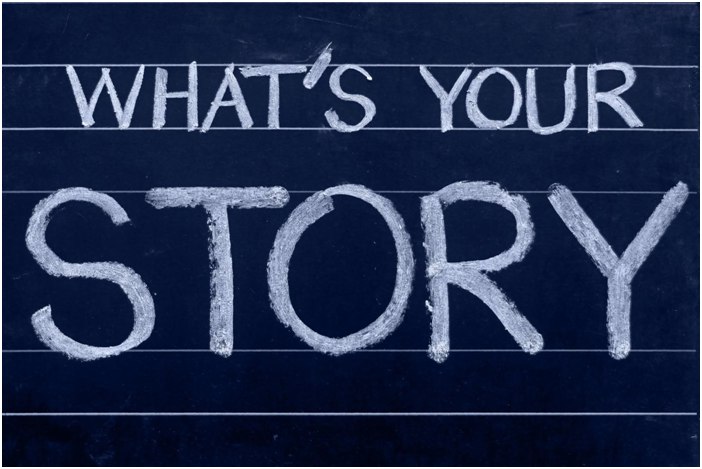This seems embarrassing to some and intimidating to others. Even the best writers struggle with some questions. How do you start to write about yourself? If you brag a little, will it sound narcissistic? If you complain a lot, will you annoy the reader? And of course, what should and shouldn’t you include in your writing about yourself?
All of these questions trouble even the best writer in the class. Writing about a different topic or others is much simpler than writing about oneself. This is why we’ve created this guide to help you.
Introduce Yourself
Autobiographical writing must be recognized as such from the very beginning. If you don’t introduce yourself in the essay, the reader won’t really know whose story that is. If you don’t do it from the start, they might not get the same experience as they would knowing that the story is about the author himself.
In most cases, an autobiographical essay at school is assigned for academic purposes like enrollment in a program. In such cases, it is even more important to introduce yourself.
This doesn’t apply just to your name. In fact, if it is an application, the name will stand in it, so you may even omit it. However, what you need to introduce is who you are, what interests you have, what are your skills and talents, what your background is, and why you’re writing the essay in the first place.
If this seems like too much at first, make a list. With a list in front of you, you can find a better way to organize all that data, as well as eliminate the irrelevant. Your goal is to create an appealing, custom essay, which is why you must make it interesting, unique, and clear.
Be Humble
Even if you are the most accomplished student there is, you can’t just go bragging about everything. Some bragging is fine and actually expected, but if you come across as a braggy person, you’ll use the interest of the reader.
The most appreciated autobiographical essays are written in a humble, down-to-earth tone. List all your accomplishments that are focus on the topic you’ve chosen, but remain impartial as if you are speaking of someone else.
Choose a Story that’s Memorable
Many students make the mistake of speaking too broadly about themselves. Readers will want you to be specific. As with any other type of paper, you’ll also have to select one topic and stick to it. It is tempting to present all your accomplishments when you write about yourself, but if something doesn’t fit the topic, don’t use it.
A personal essay can only be successful if it is memorable and interesting. Its goal is to introduce you and explore a theme. This is why you need to offer the reader specific, unique, and real-life details about yourself, some that the reader will remember long after.

- Overcoming an obstacle
- A spectacular accomplishment
- A big failure
- Something that taught you an important lesson
Avoid Clichés
To skip the hard part and avoid making a mistake, students tend to copy the ideas and work of other students. This is how clichés occur.
When you write your personal essay, remember that the reader has to go through more than just one. Usually much more. This means that they’ll read at least a dozen similar essays, so try to make yours as unique as you can. More details always help with this matter.
If you’re having troubles with this and can’t come up with a unique way to approach the essay, you might want to get some online help. This paper writing service is quite affordable and their site has many free samples you can look at for inspiration.
Limit the Timeline
An essay that sums up an entire life or a huge chunk of it cannot be a success. This is why you must focus the essay and, to do so, you should limit the timeline. Choose a single occasion or a short period that was significant to you. Ideally, you should choose a timeline of a couple hours to a few days, no more.
Final Thoughts
Many students are excellent writers, but when they have to write about themselves, they instantly struggle with the writer’s block. This is common and happens to everyone, but with a little effort and some experience, you can learn how to share your stories, feelings, and insights in a memorable and humble way.
